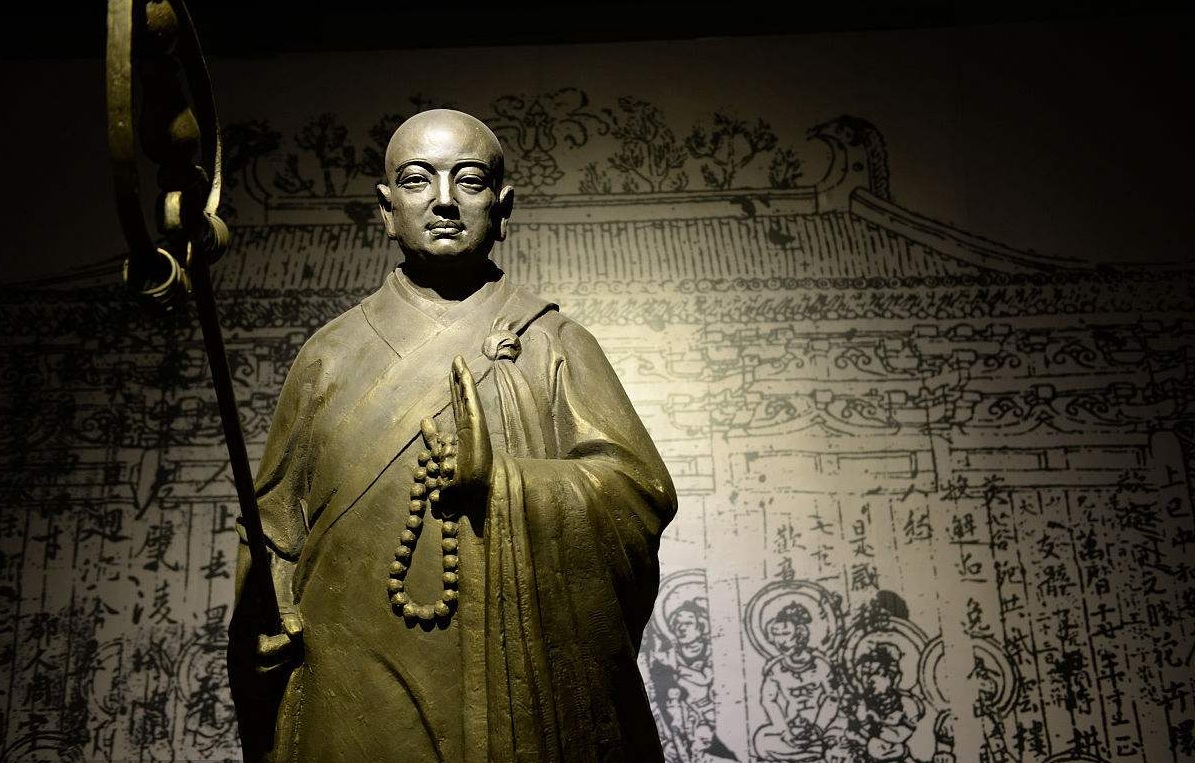Bal Gangadhar Tilak: The Man Who Sparked a Cultural Revolution
In the late 19th century, under British colonial rule, India was a land of repression, with its cultural and political spirit deeply stifled. It was in this period that Bal Gangadhar Tilak, a visionary freedom fighter, emerged as a torchbearer for Indian independence. Revered as one of the greatest leaders of his time, Tilak was more than just a political figure. He was a cultural strategist who used traditions to awaken the national consciousness. Among his many contributions, the introduction of public Ganesh Chaturthi and Shivaji Utsav in 1893 remains one of his most innovative tools for uniting the masses.
The Genesis of Ganpati Utsav (1893)
Tilak’s genius lay in recognizing the power of religion and culture as a means to inspire people towards freedom. In 1893, Tilak saw an opportunity to harness the celebration of Ganesh Chaturthi—traditionally a family affair—and transform it into a public event. This was a masterstroke. By making the Ganpati festival a community celebration, he created a platform where Indians could gather freely, share ideas, and cultivate a sense of unity.
Under British rule, public meetings of political nature were forbidden, but religious gatherings were not. Tilak understood that large, collective celebrations would build bonds between people from different walks of life. Through the public Ganpati Utsav, which became a ten-day festival filled with music, lectures, and performances, Tilak began to revive the latent patriotic spirit among Indians.
Shivaji Utsav: Honoring the Great Maratha King
The following year, in 1894, Tilak introduced the Shivaji Utsav. It was designed to celebrate the legendary Maratha warrior-king, Chhatrapati Shivaji, who had valiantly resisted Mughal rule in the 17th century. By glorifying Shivaji’s legacy, Tilak infused a sense of pride and defiance among the people. He likened Shivaji’s fight against oppression to the current struggle against British rule, positioning the Maratha king as a symbol of Indian resistance.
The Shivaji Utsav became a channel for imparting the values of self-reliance, bravery, and patriotism, making the past a beacon for India’s future freedom.
Tilak’s Contribution to Indian Independence
Though he was a cultural reformer, Tilak’s core objective was always the political emancipation of India. He is often referred to as the “Father of Indian Unrest,” a title given to him by British colonialist Valentine Chirol, who recognized that Tilak’s methods were fanning the flames of dissatisfaction against British rule.
Tilak famously declared, “Swaraj is my birthright, and I shall have it.” These words became a rallying cry for millions of Indians. Unlike moderate leaders of his time, Tilak was clear about the need for self-rule and was not shy about confronting the British government directly.
Through his fiery editorials in his newspapers, Kesari (in Marathi) and The Mahratta (in English), he relentlessly criticized British policies. His boldness led to multiple imprisonments, but that only enhanced his reputation as a fearless leader.
The Man Who Brought India Together
Tilak’s real genius lay in his ability to merge the political with the cultural. The Ganpati and Shivaji festivals were much more than religious or historical celebrations; they were political instruments. Under his leadership, these gatherings became platforms for political education, fostering unity across regional and religious lines. He reignited a national pride that helped prepare the ground for India’s eventual struggle for independence.
Legacy
Tilak’s cultural initiatives left an indelible mark on India’s freedom movement. The public celebration of Ganpati continues today, and Shivaji’s legacy is still celebrated with immense pride. Tilak’s belief in the power of cultural identity to foster political change remains relevant and inspiring, even after more than a century.
While many recall him for his political contributions, it was Tilak’s cultural genius that truly helped build the foundation of India’s freedom struggle. By reawakening India’s spirit through tradition, he sparked a revolution that grew into a mighty force against colonial rule.


